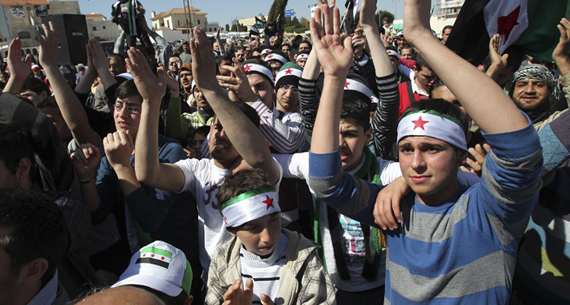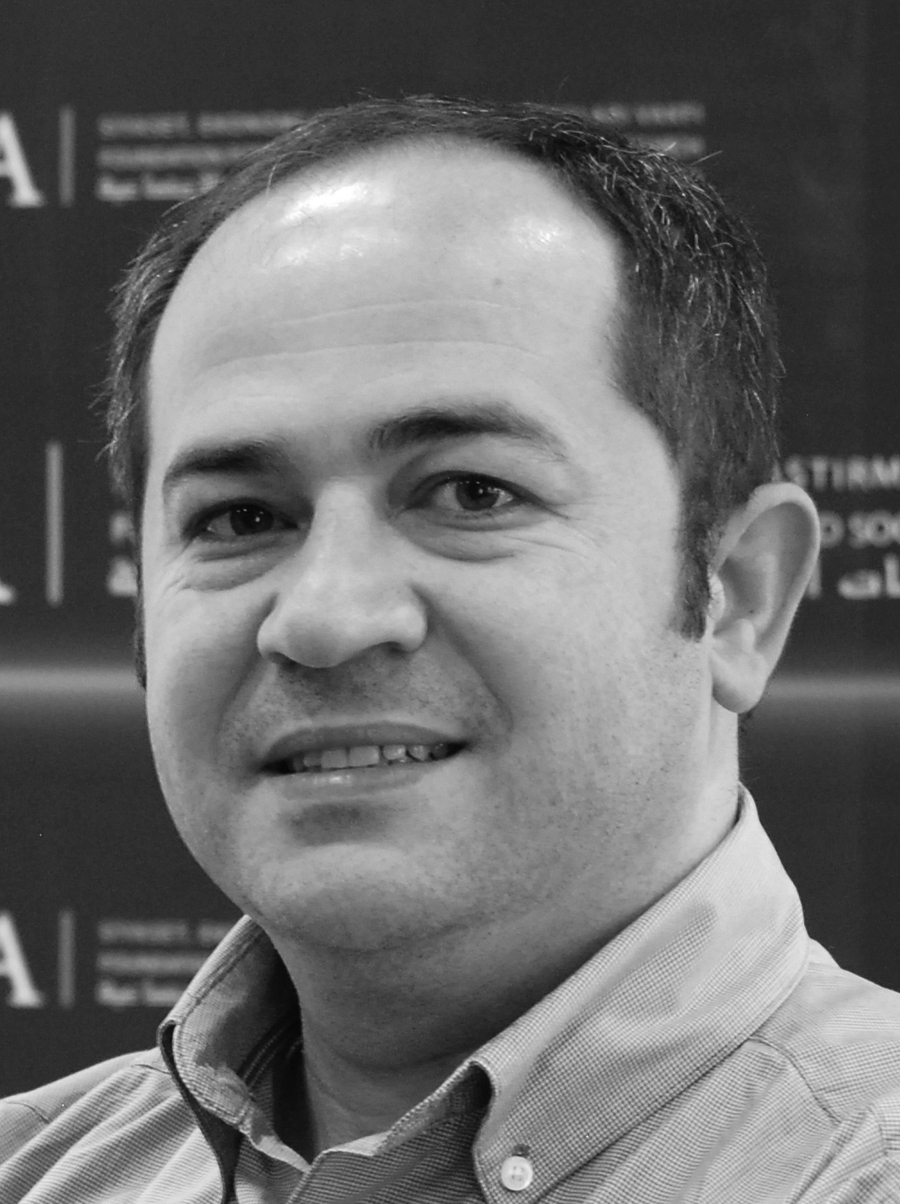Last week’s developments in northern Syria, over-the-top headlines in mainstream media hinting at a plot, and provocative exchanges between Kurdish and Turkish nationalists almost led Turkey to revise its Middle Eastern and Syrian policy merely for a few PKK flags being waved across our southern border.
First, a state of careful vigilance prevailed; fortunately, however, political actors -though hesitant at first- showed common sense and eased the tensions for now. Although cooler hands seem to have prevailed for now, it is possible that we will continue to discuss the Kurdish issue through the lens of the structural transformation process in the Middle East for a long time.
How could Turkey, having strengthened its regional role by correctly interpreting and proactively responding to developments in the Middle East, grow so anxious about developments in Syria? It is, of course, understandable that the public opinion becomes uncomfortable when conditions seem to favor an armed organization that poses a threat to political stability and social harmony. Still, how is such a state of mind—which equates the gains of the armed organization with the gains of Kurdish people at home and abroad—widely supported in Turkish society?
It is necessary to look at the threat perception of the official ideology that influenced both the state and the society in order to answer this and other similar questions.
Regime’s fight with the society
The Turkish Republic based its official ideology on two principles which would determine the fundamental parameters of domestic and foreign policy for many years: secularism and nationalism. The political regime ignored the current social forces and trends in favor of its focus on building a new nation with these two principles and defining the threat perception as the possibility that society may disapprove of these two principles. Resistance to secularist policies was described as “reactionary” and/or “sharia” while resistance to nationalist/Turkist policies was called “separatism.” Those who were religious and/or who were not of Turkish origin were regarded as potential domestic enemies. The regime was on the alert for potential threats that these domestic enemies could pose.
The social climate itself was considered a potential threat to the political regime and, as a result, a tutelary regime—which ignored the transitive relationship between the society and politics—was adopted.
During the Cold War era, the political regime succeeded in controlling the social-political groups which according to the government posed reactionary and separatist threats through constitutionally-mandated institutions and central right and left parties which assumed the responsibility to prevent the deepening of the separation between the state and society. In the 1990s ethnic and religious demands developed a broad social base, forcing the political regime to take a new position. Consequently, political and social groups who voiced religious and ethnic demands got stronger, contrary to what the state anticipated. The regime preferred to fight against the social reality rather than taking a new position in accordance with to social changes. The 1990s reflected years of meaningless fights between the state and its own citizens.
When religious and ethnic demands gained a broad social base, the social cost of defining these demands as threats increased, but the state continued to consider them threats, thus damaging social peace. In the beginning of the 2000s, as the object of this reactionary threat, the AK Party made a strong effort to save the state from this paranoia, which had turned into a meaningless and vicious cycle between the state and society. It devoted its discourse and policies to dispelling this reactionary paranoia and convincing social groups and political actors who consider themselves concrete examples of the reactionary threat. Consequently, in the late 2000s the politic
In this article
- Domestic Policy
- Opinion
- 1990
- 2000
- Arab Spring
- Cold War
- Global Actors | Local Actors
- Kurdish Community
- Kurdish Question
- Kurdistan Workers' Party Terrorist Organization (PKK)
- Middle East
- Old Fears
- PKK - YPG - SDF - PYD - YPJ - SDG - HBDH - HPG - KCK - PJAK - TAK - YBŞ
- Syria
- Syrian Civil War
- Syrian Conflict
- Syrian Crisis
- Terror
- The New Middle East
- Türkiye's Justice and Development Party | AK Party (AK Parti)

